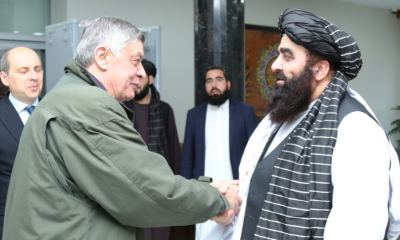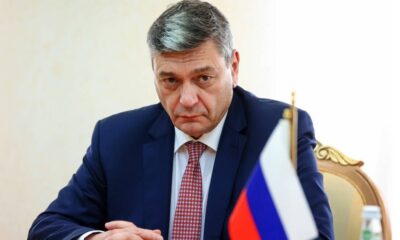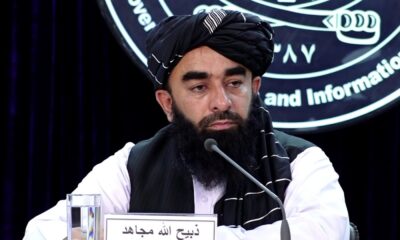Latest News
1400: A tumultuous year for Afghanistan politics
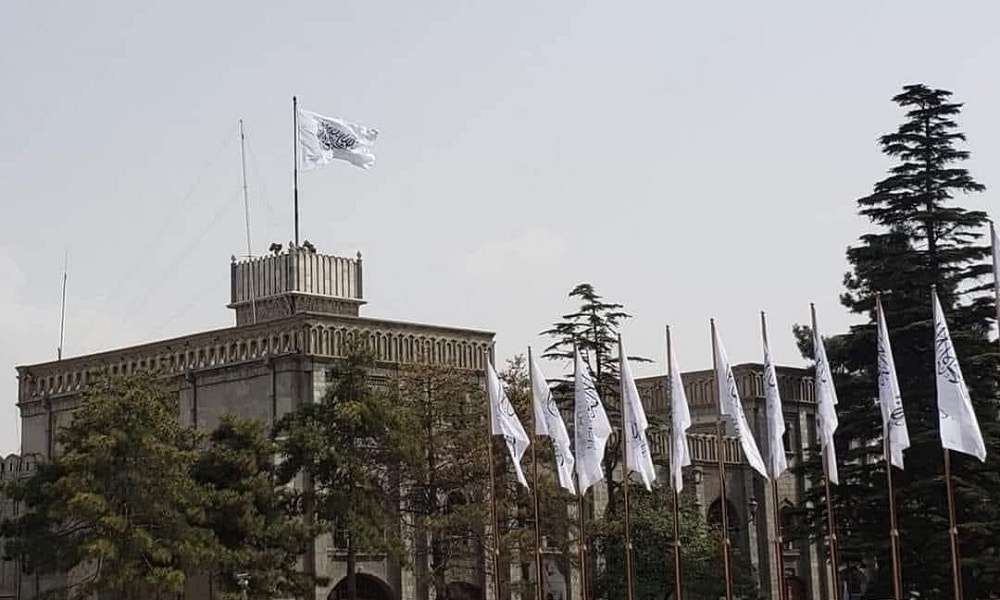
From the collapse of intra-Afghan peace talks to the Islamic Emirate’s return to power, 1400 was filled with major political events.
On 11 Hamal, (March 31) a crucial summit on peace was scheduled to start in Turkey, a meeting that was at the time dubbed the second Bonn conference.
However, the summit failed to take place due to disputes within the ranks of the former government and a disagreement over the agenda.
Peace negotiations between the IEA and an Afghan delegation in Doha also failed to provide results and collapsed in the month of Saratan (July).
A visit to Doha by former Afghan president Hamid Karzai and his delegation also ran into problems and was called off just one day before the collapse of the former government.
At the time, sources from the presidential palace said the delegation had beern barred from travelling by then president Ashraf Ghani.
On 24 Asad (August 15), the Western-backed government collapsed without warning after 20 years. Ghani and many other high-ranking government officials fled the country just hours before the IEA swept into Kabul and took over.
Ghani’s desertion was confirmed and announced by former CEO Abdullah Abdullah and days later it emerged the former president had flown to the UAE.
As IEA forces entered the presidential palace, its leaders celebrated what they called a victory against the United States and the West.
However, the world was shaken by the Republic’s sudden collapse.
What followed was a chaotic evacuation process of foreign troops, diplomats and foreign workers - along with tens of thousands of Afghans.
Since then, world alliances and international organizations such as the United Nations, the European Union and NATO have held emergency meetings on Afghanistan. The Organization of Islamic Cooperation (OIC) also held a meeting on Afghanistan in Pakistan.
The UN has since scrambled to help ward off a major humanitarian crisis in the country, while the United States has defended its position after having come under fire for the way it handled the situation.
For the IEA’s part, it has appealed to the international community to work with them and the new order immediately brought about a semblance of security.
Latest News
A high-level Russian delegation will soon visit Kabul: envoy
Kabulov and Muttaqi discussed bilateral relations between Afghanistan and Russia, especially economic cooperation, investment and transit

Russia’s Special Representative for Afghanistan Zamir Kabulov said in a meeting with Acting Foreign Minister Amir Khan Muttaqi in Kabul that a high-level Russian delegation will visit Kabul in the near future to discuss the expansion of bilateral cooperation with the Islamic Emirate.
Kabulov and Muttaqi discussed bilateral relations between Afghanistan and Russia, especially economic cooperation, investment and transit, the Foreign Ministry said in a statement.
Muttaqi described the relations between the Islamic Emirate and Russia as important, stressing that the ties should be expanded to include economic and trade cooperation.
He said visits to Kabul by high-level officials was important, adding that during the past year, many officials of the Islamic Emirate have been invited to Russia to attend international meetings.
Meanwhile, the Russian diplomat said that his country wants to expand its relations with Afghanistan in the economic and trade sectors.
This comes on the heels of Russian Deputy Foreign Minister Andrey Rudenko’s comments that the completion of legal procedures to remove the Islamic Emirate from Moscow’s terrorist list will provide positive impetus to Russian-Afghan relations.
In an interview with Russia’s TASS news agency, published early Sunday, Rudenko said “removing the terrorist organization’s status from the Taliban Movement (Islamic Emirate) will attribute a positive impetus to Russian-Afghan interaction in various spheres, in the economy in the first instance."
"As regards the issue of the official recognition of current Afghan authorities, it is early to talk about it thus far. Let’s act gradually, step by step, but we do not intend to artificially impede the processes," Rudenko noted.
Russia has been slowly building ties with the Islamic Emirate since it regained power in Afghanistan in August 2021 but the IEA is still officially outlawed in Russia.
In response to Russia’s comments last month, the IEA’s acting foreign minister Amir Khan Muttaqi said the Islamic Emirate “appreciates the positive remarks by the high-ranking officials of the Russian Federation in this regard and hope to see more effective steps soon."
Latest News
Iran appoints new ambassador to Afghanistan
Ali Reza Begdeli, Iran’s former deputy foreign minister for consular affairs, has been appointed as the country’s new ambassador to Kabul
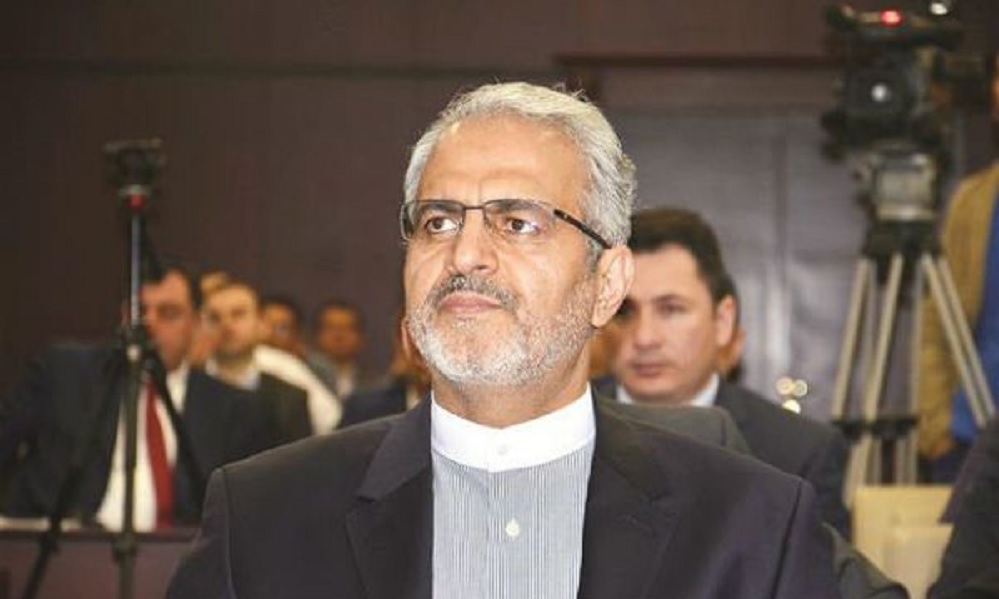
Ali Reza Begdeli, Iran's former deputy foreign minister for consular affairs, has been appointed as the country's new ambassador to Kabul, Mehr news agency reported on Sunday.
The outlet added that the post of the Iranian presidential special representative in Afghanistan has been removed and, as before, the special representative for Afghanistan will act directly under the supervision of the foreign minister.
It is worth mentioning that Hassan Kazemi Qomi previously served as Iran's ambassador and presidential special representative in Afghanistan.
Latest News
Iran to Host ECO Ministerial Meeting next week
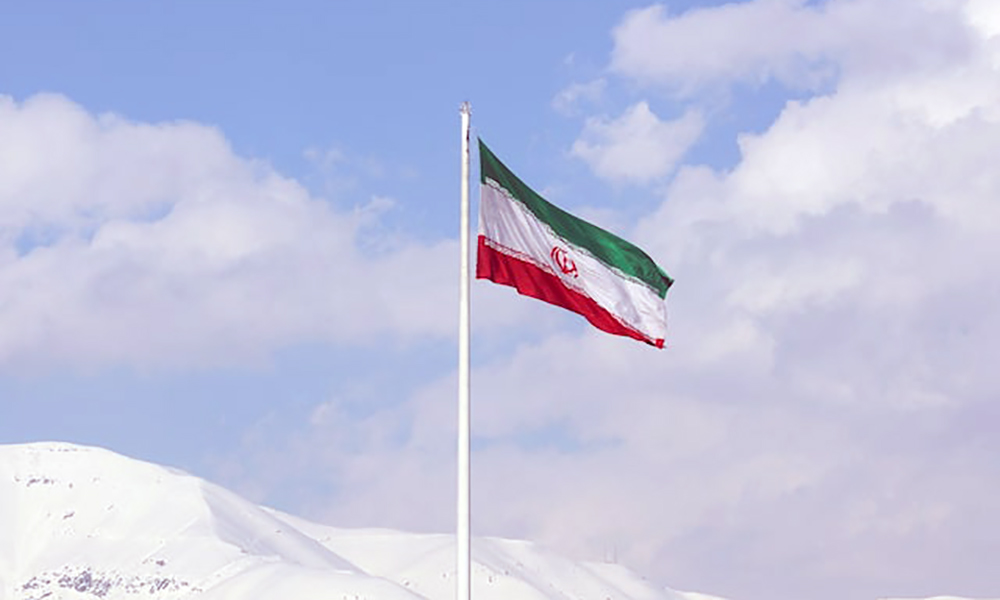
The 28th meeting of the foreign ministers of the Economic Cooperation Organization (ECO) member states will be held in Iran’s northeastern city of Mashhad next week.
Spokesperson for the Iranian Foreign Ministry Esmaeil Baqaei said on Sunday that the upcoming meeting will be attended by the ministers and senior officials of ECO, directors of the regional specialized departments of the organization, and the secretaries general of a number of multilateral economic organizations.
The meeting will be chaired by Iranian Foreign Minister Abbas Araqchi, Iranian local media reported.
Iran is holding the rotating presidency of ECO in 2024.
The Tehran-headquartered ECO was established by Iran, Pakistan, and Turkey in 1985.
The main purpose of the organization is to promote economic, technical, and cultural cooperation among the member states.
In 1992, the organization was expanded to include seven new members, namely Afghanistan, Republic of Azerbaijan, Kazakhstan, Kyrgyzstan, Tajikistan, Turkmenistan and Uzbekistan.
-

 Latest News5 days ago
Latest News5 days agoEU marks International Children’s Day, says it supports Afghan children
-

 Latest News3 days ago
Latest News3 days agoU.S. House approves bill on evacuation of Afghan allies
-

 Sport3 days ago
Sport3 days agoAriana News to broadcast IPL auction live and exclusively in Afghanistan
-
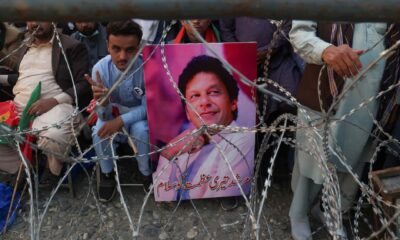
 Regional4 days ago
Regional4 days agoPakistan’s ex-PM Imran Khan gets bail in state gifts case, his party says
-
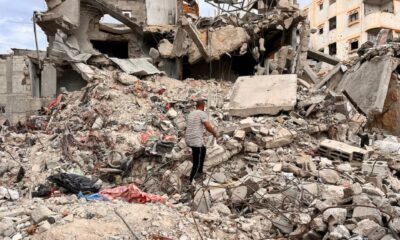
 World4 days ago
World4 days agoUS vetoes UN Security Council resolution on Gaza ceasefire
-

 Latest News4 days ago
Latest News4 days agoUN moves to unlock stuck climate financing for Afghanistan
-
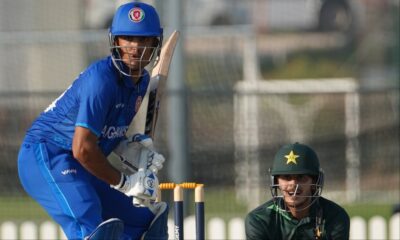
 Sport4 days ago
Sport4 days agoPakistan trumps Afghanistan by only 13 runs in U19 Tri-Series One Day match
-
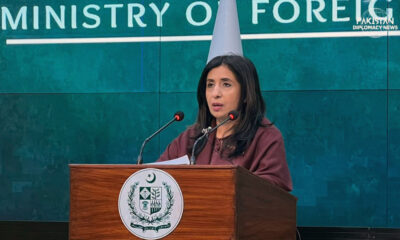
 Latest News4 days ago
Latest News4 days agoPakistan rejects suggestion of appointing a new special envoy for Afghanistan


